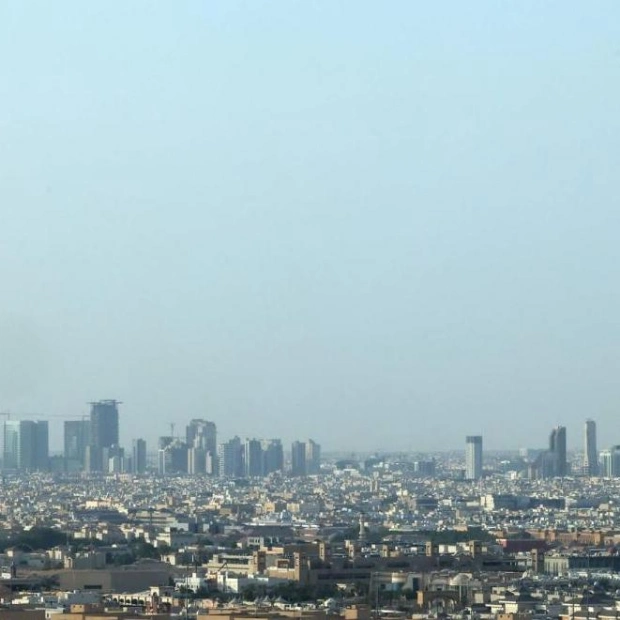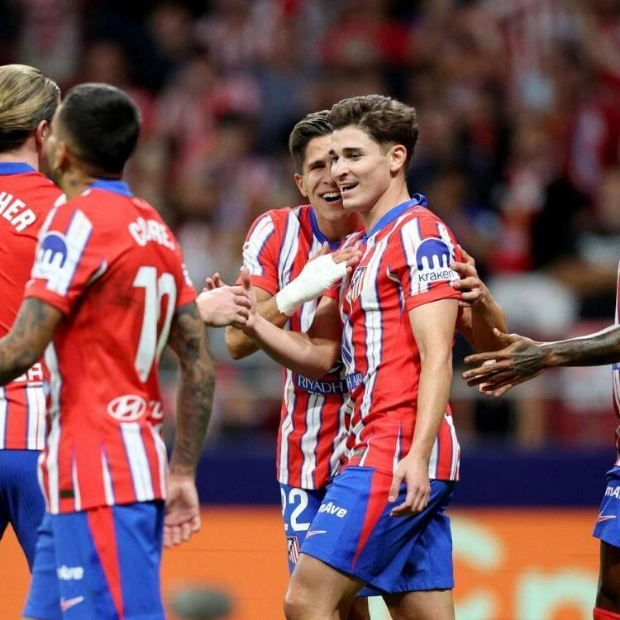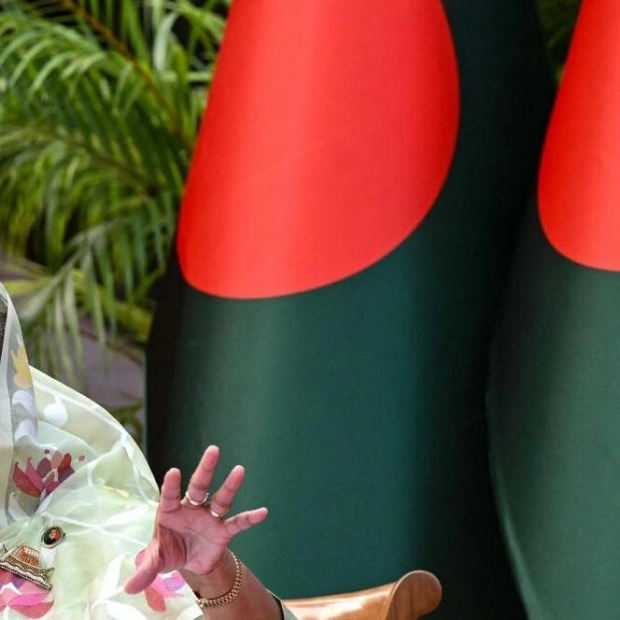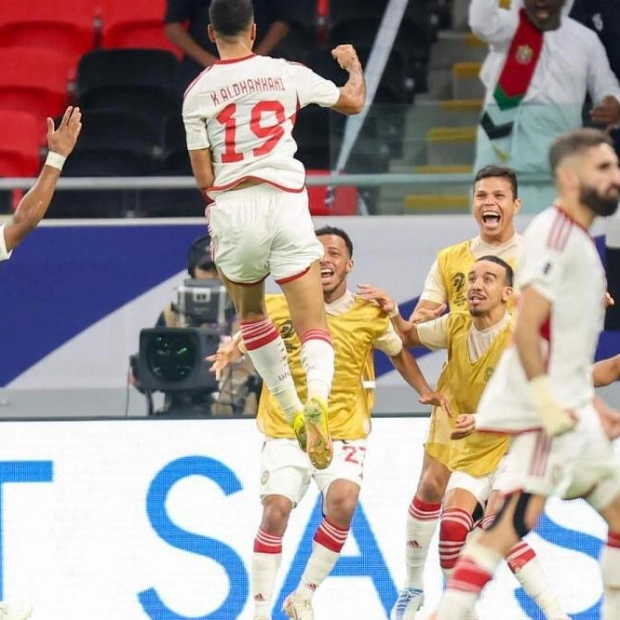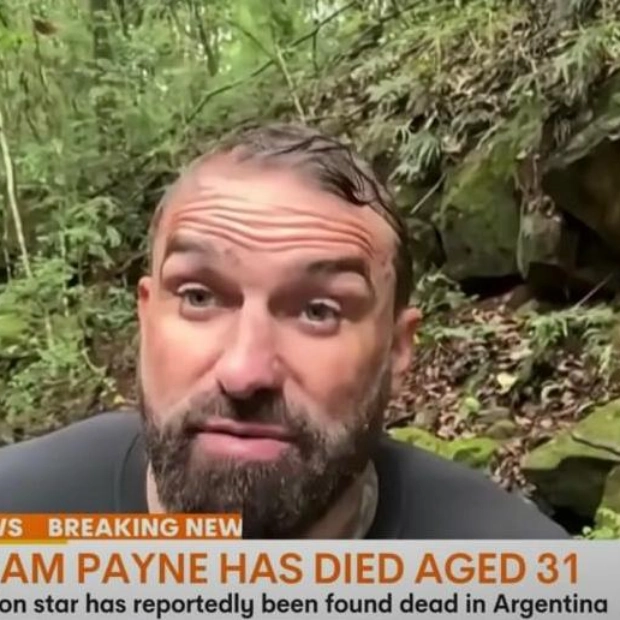No one saw Chelsea's title win coming the last time around. The turning point occurred in the sixth game of the season when they were trailing 3-0 at halftime away to Arsenal. They had lost at home to Liverpool the previous week and drawn at Swansea the week before. Their manager, Antonio Conte, having initially tried to adapt to the squad, decided it was time for the squad to adapt to him. At halftime, he switched to his preferred back three, and amidst the dullness of a goalless second half in a game already lost, a revolution was born. Chelsea went on to win their next 13 league games, and by the time anyone figured out how to counter their 3-4-2-1 formation, with N'Golo Kanté and Nemanja Matić forming an impenetrable shield in midfield, it was too late. With no European football to worry about—the previous season had seen José Mourinho's meltdown and a 10th-place finish—Victor Moses and Marcos Alonso remained fresh enough to keep charging up and down the field at wing-back. Meanwhile, Manchester City were still adjusting to Pep Guardiola's first season in English football, Arsenal were in their late-Wenger drift, and Liverpool were still building under Jürgen Klopp. Mauricio Pochettino's Tottenham were Chelsea's closest challengers, but 93 points would likely have won the league regardless of who came second.
Eight years later, could history repeat itself? Once again, Chelsea started in chaos, with Raheem Sterling protesting his omission just seconds after the team sheet was released for the opening game of the season, a 2-0 home defeat to City. They have a manager who has brought unexpected clarity. Last season's underwhelming performances have lifted the burden of European football; although Chelsea have the Conference League to play in, Enzo Maresca has turned what could have been a chore into a benefit, creating a shadow squad that, in a largely pressure-free environment, has become familiar with his style of play and can step up when needed. Does this mean Todd Boehly and Behdad Eghbali knew what they were doing all along? That might be going too far, and it remains unclear how the reported splits in their leadership in September have been resolved. After all, if you throw enough money at a project, things tend to fall into place eventually.
With each passing week, Maresca appears a more inspired choice as manager. There are potential PSR pitfalls ahead, and it's telling that 24 senior players brought in under the current ownership at a cost of £550m have started fewer than three games for Chelsea this season (three of those have already been sold—at a combined loss of £20m). Maresca's greatest achievement so far may be sifting through the squad and figuring out which pieces don't fit. It seems to be working. Sunday's 4-3 win over Tottenham was Chelsea's fourth consecutive league win, despite a couple of Marc Cucurella slips gifting Spurs a two-goal lead. With 35 goals, Chelsea are comfortably the league's top scorers. Although they have played one game more than Liverpool, they have closed the gap to within four points at the top, close enough that, even with a game in hand, Liverpool will feel the pressure.
History suggests that teams this far ahead at this stage usually go on to win the title, but the sample size is limited. Being the lone frontrunner for an extended period is tough, and while Arne Slot has done superbly so far, he has been fortunate with injuries and fixture scheduling. No one can be sure how Liverpool will react to adversity. City are in the midst of their worst crisis since Guardiola's arrival. Sunday's draw with Fulham showed that Arsenal, despite being unlucky with injuries and having played many of their toughest fixtures, are still struggling for fluency.
After 15 games, this season has, at its top end at least, a pleasingly old-fashioned feel. Everyone except Liverpool has looked fallible, and there is a sense of uncertainty about them as well. The league's large middle is full of sides—like Nottingham Forest, Bournemouth, Brighton, and Brentford—who can upset anyone on their day. Liverpool may yet run away with it, but for now, there is a satisfying sense of unpredictability, and that means that for all that Maresca and his players may try to deny it, Chelsea—unexpectedly—are firmly in the title race.
It would have been much easier for the UK if Australia had qualified for the 1966 World Cup, hosted in England. But, ill-prepared, they lost 9-2 on aggregate to the Democratic People’s Republic of Korea, creating a major headache for the Foreign Office. Although the Korean War, to which Britain had committed almost 100,000 troops and its Far East fleet, had ended with an armistice in 1953, the UK had never formally recognized the northern part of Korea as a sovereign nation, nor had any formal peace treaty been signed. This created three major concerns: the anthem, the flag, and the terminology to be used. 'North Korea' was deemed accurate without necessarily conferring statehood. Agreement was reached that the flags of all 16 competing sides could be flown at every game. But what to do about the anthem? On 9 December 1965, a clever diplomatic solution was found: anthems were to be played not before every game as usual but ahead of only the opening match and the final, the assumption being that the North Korean anthem would never be heard, although they did pull off a major shock by eliminating Italy in reaching the quarter-final.
Source link: https://www.theguardian.com

